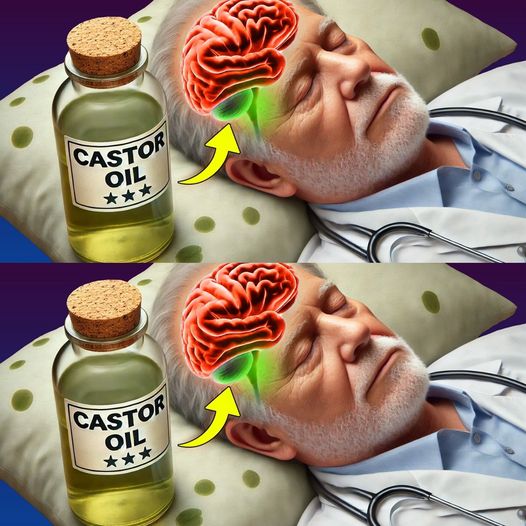
Your kidneys play a crucial role in filtering waste and toxins from your blood. Unfortunately, certain commonly used drugs can put strain on these vital organs, leading to kidney damage. It’s important not to ignore the potential risks associated with these medications. Here’s a list of the top ten drugs that can pose a threat to the health of your kidneys:
1. Antibiotics
- Antibiotics like ciprofloxacin, vancomycin, methicillin, and sulfonamides can potentially harm your kidneys. When taking these medications, it’s important to follow your doctor’s instructions and be mindful of any possible side effects.
2. Analgesics
- Common pain relievers like acetaminophen and non-steroidal anti-inflammatory drugs (NSAIDs) including ibuprofen, aspirin, and naproxen, can also affect your kidneys. While they may provide relief, prolonged or excessive use can be harmful. It’s essential to use these medications in moderation and consult a healthcare professional if needed.
3. Antiviral Drugs
- Certain antiviral medications used to treat HIV and herpes infections, such as indinavir, tenofovir, and acyclovir, can have adverse effects on the kidneys. If you are undergoing antiviral therapy, make sure to closely monitor your kidney health and discuss any concerns with your healthcare provider.
4. Anticonvulsants
- Medications like trimethadione and phenytoin, commonly prescribed for seizures, can impact kidney function. If you are taking anticonvulsants, it’s crucial to undergo regular check-ups to ensure your kidneys are functioning optimally.
5. COX-2 Inhibitors
- COX-2 inhibitors, including celecoxib, rofecoxib, and valdexocib (the latter two have been withdrawn due to cardiovascular toxicity), are often prescribed for pain relief and are thought to be safer for the stomach. However, it’s important to note that these drugs can still have harmful effects on the kidneys, similar to other NSAIDs. It’s advisable to use these medications under medical supervision.
6. Drugs Used in Chemotherapy
- Some drugs used during chemotherapy, such as quinine, interferons, cisplatin, and cyclosporine, can have a detrimental impact on kidney health. If you are undergoing chemotherapy, it’s essential to discuss potential kidney-related side effects with your healthcare team.
7. Drugs for High Blood Pressure
- Certain medications used to treat high blood pressure, like captopril, can also affect kidney function. If you have hypertension, it’s important to find a suitable treatment plan in consultation with your doctor, considering the potential impact on your kidneys.
8. Drugs for Heartburn
- Drugs that treat heartburn, such as pantoprazole, omeprazole, esomeprazole, lansoprazole, and rabeprazole, can affect the kidneys. If you frequently rely on these medications, it’s advisable to discuss alternatives with your healthcare provider to minimize the impact on your renal health.
9. Lithium
- Lithium, commonly prescribed for bipolar disorders, can potentially cause kidney damage. Regular monitoring of kidney function and open communication with your doctor are crucial when using this medication.
10. Drugs for Arthritis and Malaria
- Medications used in the treatment of arthritis, such as infliximab, and drugs used for malaria, rheumatoid arthritis, and systemic lupus erythematosus (hydroxychloroquine and chloroquine), can also pose a risk to kidney health. If you are on these treatments, it’s important to maintain regular check-ups to ensure your kidneys are functioning well.
Your health is of utmost importance, especially as you age. By being informed about the potential risks associated with certain medications, you can make better decisions and work closely with your healthcare team to safeguard your kidney health. Remember, prevention and awareness are key to maintaining overall well-being.




